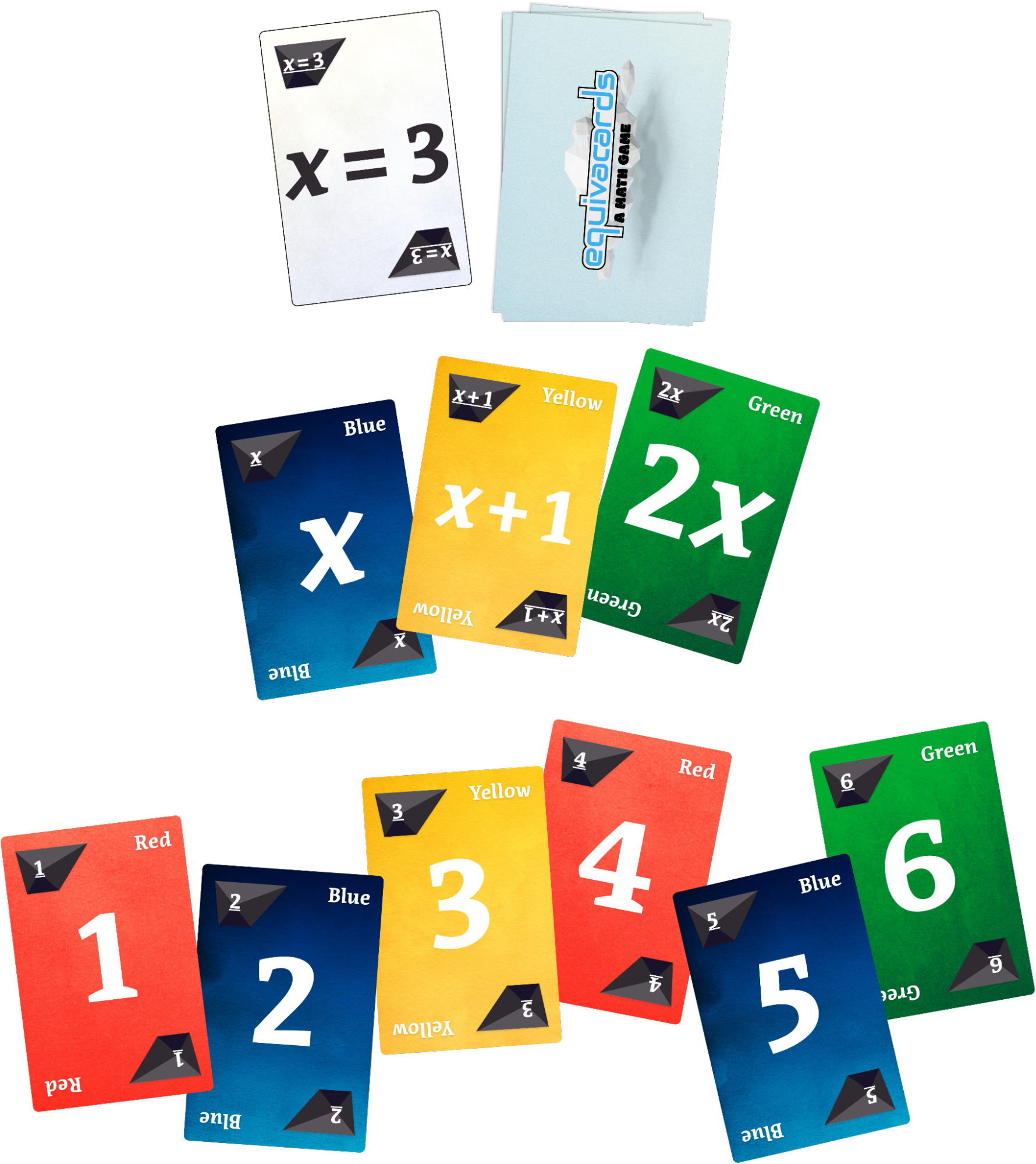Key Takeaways:
- Rigorous research is essential to identifying the cost-effectiveness of tutoring.
- Accelerate’s report highlights the need for better evaluation metrics and larger-scale studies to understand the impact of tutoring programs.
- Dosage is crucially important in tutoring programs, as illustrated by studies of Saga’s middle and late grades math approach.
Reevaluating Tutoring
Tutoring is one of the most effective strategies for academic improvement. However, a recent analysis of a pivotal study of tutoring’s impacts suggests more rigorous research is necessary to identify the most efficient and effective approaches to tutoring.
Accelerate’s recent research report, “Contextualizing the Impact of Tutoring on Student Learning: Efficiency, Cost Effectiveness, and the Known Unknowns,” re-examined Nickow et al.’s 2023 meta-analysis of 89 studies of tutoring as an academic intervention in K-12 schools.
Since tutoring is not a one-size-fits-all intervention, Accelerate closely examined these studies included in the meta-analysis to evaluate the impact that various tutoring approaches have on student achievement. Based on their analysis, they proposed a new measure for gauging the return on investment for different types of tutoring.
The Need for Cost-Effective Interventions
As federal emergency funding ends this year, schools must focus on the highest and best use of money for academic interventions. Though recovery is slowly happening, many students are still behind grade level in many subjects. Without federal funds, school districts need tools like Accelerate’s new measure of cost-effectiveness to determine the ROI of interventions so they can make wise choices on where to focus future spending.
Accelerate found that fewer than a quarter of the studies included in the Nickow et al. meta-analysis met ESSA Tier 1 evidence standards with student populations of over 300. Among those studies that met ESSA standards were two studies of Saga Education’s math tutoring conducted by the University of Chicago Education Lab. Accelerate’s analysis of these tutoring studies highlights the risks and challenges of comparing tutoring programs using different dosages and types of tutors and targeting various grade levels and subjects.
For example, one of Saga’s studies had an effect size of .18 and was comparable to several other tutoring programs based on effect size alone. However, when the researchers factored in grade-level differences for Saga’s approach, tutoring delivered nearly seven months of additional learning, far outpacing the other programs with similar effect sizes. Grade level makes a difference. So does dosage. A second study of Saga showed a .40 effect size — the largest for any math intervention studied. Studies of Saga’s tutoring approach also ranked highest among all of the math studies in terms of months of additional learning – delivering 6.9 months of additional learning in one study and 15.3 months in the second study – due in part to an intended dosage of 135 hours, delivered in an effective program.
The Vision for the Future
Saga Education is committed to quality and focuses on empowering districts to implement high-impact tutoring on their own. As Alan Safran, CEO and Co-founder of Saga, stated, “Our goal is to help districts and states adapt what we know leads to success to meet the needs of their local context.” Early stage results from the Personalized Learning Initiative show that districts can do this work well, on their own, with technical assistance and quality assurance attached.
The Value of Accelerate’s Analysis
We applaud Accelerate for taking a closer look at these tutoring studies. Their measure of cost-effectiveness is valuable to states and school districts seeking to ensure they get the best value for their students. We need more large-scale studies replicating high-quality tutoring in different schools to better understand how to scale the most efficient and effective tutoring program to support more students who need it.
Download Accelerate’s report to see their analysis of tutoring studies.
Download Report


